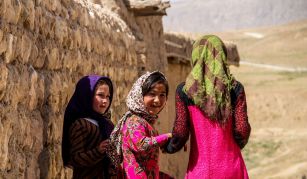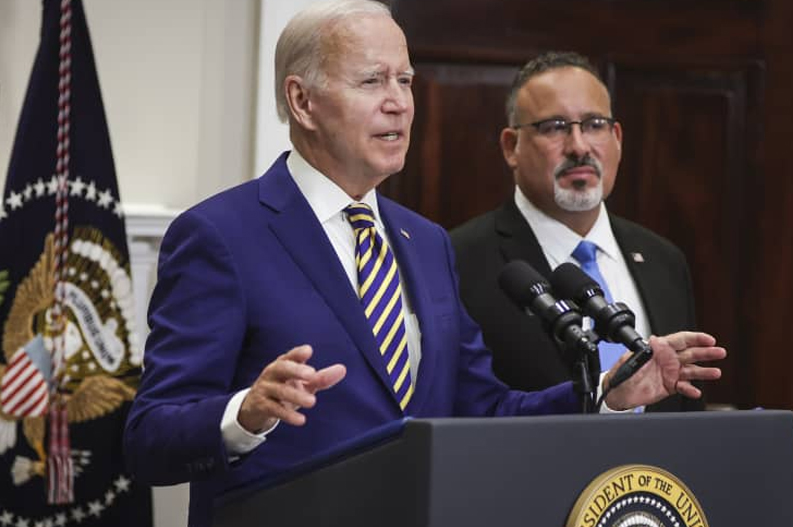The Transforming Education Summit (TES) serves as a critical platform for reimagining educational systems and their ability to meet local needs within a global context. In the wake of the “State of Education in Afghanistan” conference, the imperative to address the challenges of national consultation in conflict-ridden and emergency settings has come to the forefront. By delving into the intricate relationship between education and conflict in Afghanistan, the summit shed light on the potential pathways for engaging and supporting a comprehensive national dialogue on education transformation.
 Set against the backdrop of the fall of the Islamic Republic of Afghanistan to the Taliban, the conference held on August 15, 2022, focused on the historical context of education in Afghanistan and featured two pivotal panels. The first panel, comprising former Afghan government officials, NGO representatives, and technology experts, emphasized the local challenges and opportunities for delivering education services. The second panel, featuring representatives from international organizations such as the United Nations, Global Partnership for Education, Education International, and the Brookings Institution, highlighted the intricacies of donor coordination in conflict-ridden contexts lacking clear engagement mechanisms.
Set against the backdrop of the fall of the Islamic Republic of Afghanistan to the Taliban, the conference held on August 15, 2022, focused on the historical context of education in Afghanistan and featured two pivotal panels. The first panel, comprising former Afghan government officials, NGO representatives, and technology experts, emphasized the local challenges and opportunities for delivering education services. The second panel, featuring representatives from international organizations such as the United Nations, Global Partnership for Education, Education International, and the Brookings Institution, highlighted the intricacies of donor coordination in conflict-ridden contexts lacking clear engagement mechanisms.
Key Themes and Urgencies
Throughout the conference, discussions revolved around pertinent themes, with three critical issues emerging as urgent priorities for the TES agenda moving forward. These issues encompassed the challenges of coordination and dialogue among stakeholders, careful consideration of scaling solutions without compounding existing challenges, and the necessity of addressing inclusivity concerns, particularly those pertaining to girls’ education.
Elevating Coordination and Dialogue
One of the central themes that resonated throughout the summit was the indispensable role of coordination and inclusive dialogue in educational planning within conflict-affected environments. The complex dynamics in places like Afghanistan, where the legitimacy of the government remains questionable, demand a nuanced approach to national consultation. In light of the current scenario, there is a pressing need for a more transparent and inclusive process that fosters meaningful engagement and collaboration among all stakeholders.
In order to achieve this, the United Nations must spearhead the formation of a multi-stakeholder independent coordinating body comprising government representatives and education actors. This body would be tasked with facilitating an inclusive and transparent dialogue aimed at capturing diverse perspectives and transforming them into actionable policy recommendations.
Navigating Scaling Solutions
An important area of discussion focused on the need to tread cautiously while implementing solutions such as Community-Based Education (CBE) and education technology (ed tech) on a larger scale. While CBE has shown promise in Afghanistan’s rural regions, scaling it up without formal governmental sanction may create a parallel educational framework that could exacerbate existing challenges. Similarly, the rapid expansion of ed tech, without addressing infrastructural limitations and content control issues, may not yield the desired results.
Promoting Inclusive and Locally Led Initiatives
Amid these challenges, the summit emphasized the critical role of inclusive, safe, and healthy schools as the cornerstone of a comprehensive educational landscape. The focus on fostering local solutions and dialogue underscores the necessity of cultivating an environment that ensures equitable access to quality education for all segments of society. Recognizing the unprecedented public engagement regarding girls’ education in Afghanistan, stakeholders must seize this moment to galvanize political will and action, facilitating initiatives that reflect locally led solutions and promote inclusivity.
In the context of educational transformation in conflict-affected environments, the TES plays a crucial role in fostering dialogue and promoting locally driven solutions. By prioritizing coordination, scaling solutions mindfully, and championing inclusive educational initiatives, stakeholders can pave the way for a resilient and sustainable educational landscape in regions grappling with conflict and fragility. Leveraging the momentum generated by the conference, the TES can serve as a catalyst for transformative change, offering hope for a more inclusive and equitable educational future in conflict-affected regions worldwide.




